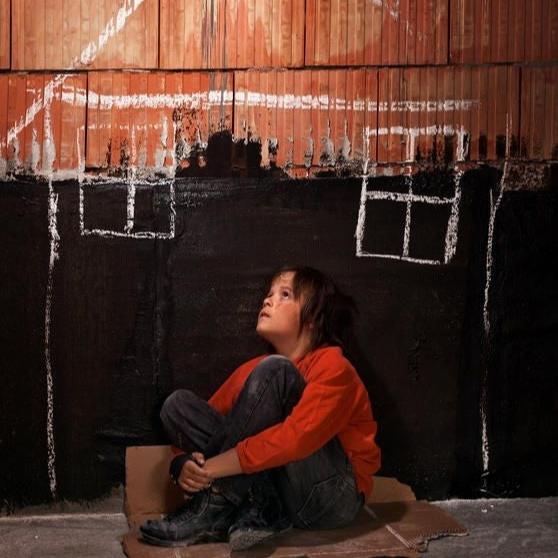Home Safe Haven
Help US Fight Homelessness
Help US Fight Homelessness
Please be aware that a fixed transaction fee of 1% applies. Thank you for your support!
Couldn't load pickup availability
Problems to Be Solved
1. Large numbers of people are living on the street in squalid conditions in urban areas
Over half a million people are currently experiencing homelessness in the U.S. Many of these people are “chronically homeless,” having been unhoused for a year or more.
Homelessness can happen to anyone.
2.As of 2024, approximately 15.6% of Americans were living in poverty. Housing insecurity is not limited to a certain “type” of person. It can happen to virtually anyone at any time. Making homelessness more visible. People living unsheltered tend to be concentrated in cities with booming economies and skyrocketing rents, but the problem is not limited to these locations.”
3.. Many mentally ill and severely addicted people are not receiving adequate care
Estimates vary widely, but more than 50% of chronically homeless people suffer from some form of mental illness and/or addiction. And approximately 25% are severely mentally ill.
4. Housing has become unaffordable in many American cities
“Across the country, Americans are running out of affordable places to live. … Today, the country is 6.8 million units short of what is needed to meet new housing needs. … Between 2003 and 2024, median rents rose faster than median renter incomes in nearly every state.”
5. Homeless encampments in urban areas create a health and safety problem for housed residents and retail businesses, and many public spaces are now regularly occupied by unhoused people
“Americans up and down the West Coast say they are overwhelmed by an unprecedented rise in homeless people, hazardous encampments and related trash.”

Overview of Our Policy Proposal on Homelessness
“The persistence of large numbers of homeless Americans is one of the signal policy failures of the past two generations.”1 We are failing to care for our neediest people, and their continuing deprivation and despair stands as a testament to our national hypocrisy. Ending the epidemic of homelessness is therefore not only necessary to alleviate the suffering of the unhoused, it is also crucial to preserve America’s dwindling social solidarity and basic sense of collective civic virtue.
The causes of widespread homelessness are numerous, and the circumstantial plight of individual homeless people varies greatly. The social crisis we currently identify as “homelessness” thus encompasses a variety of distinctly different problems, each requiring its own carefully tailored solution. Our proposal accordingly focuses on the following five overlapping solutions:
1) Significantly increase affordable housing stock through federally sponsored “low regulation construction zones
2) Provide residential refuge and asylum for severely mentally ill and severely addicted people;
3) Distinguish between people who are “temporarily unhoused,” “severely mentally ill,” and “chronically homeless,” in order to serve the specific needs of each group
4) Strike a “grand bargain” between local communities and service resistant chronically homeless people
5) Implement “backpack funding” to honor the preferences of chronically homeless people

Other Support
-
Restoring Faces. Renewing Hope
Regular price From $40.40Regular priceUnit price / per -
Help Kids with Disabilities Enjoy Full Lives.
Regular price From $40.40Regular priceUnit price / per



